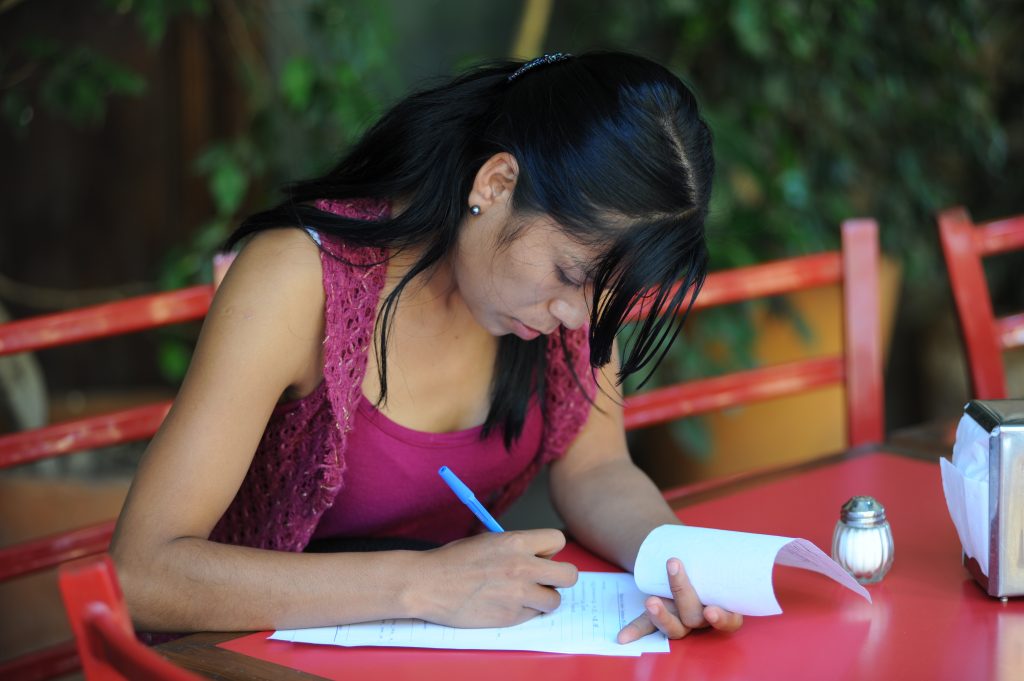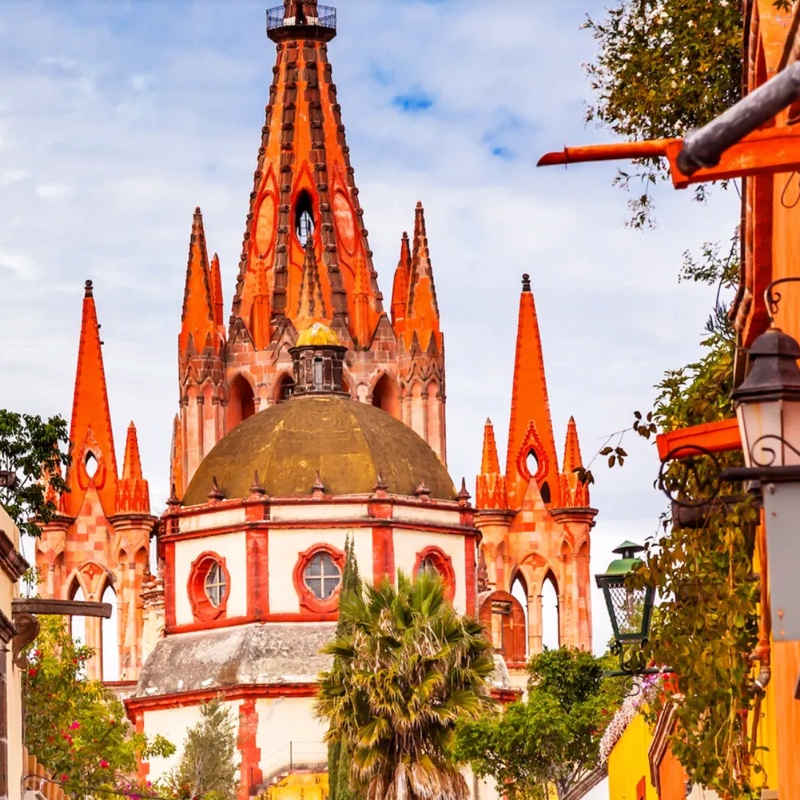
Empowering Girls Through Education
Changing the World – One Girl at a Time
We help educate girls from poor rural villages near San Miguel de Allende, Mexico by providing scholarship assistance for secondary school through college
You are the solution for our girls’ education
We can’t do it without you.
Your donations pay the educational fees for these students and
97% of your money goes directly to them.
We are a certified charity in both the USA and Canada.
Are you wondering why just girls or what differences does this program make?
Learn more about WHY GIRLS?
What are we doing for these girls?
The scholarships you provide enable students to stay in school. We have kept nearly 1000 students in school since our founding in 1996. And we are doing it with a very low overhead: 97 cents of every dollar goes to the girls. Currently the scholarships are helping girls in these ways:
Contact us for more information
We’d love to hear from you. Select Contact Us and send us your questions or comments!
Mujeres en Cambio
We are here to help you understand our mission so you can assist us in educating these remarkable girls.





